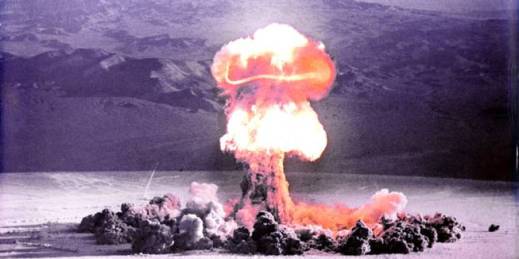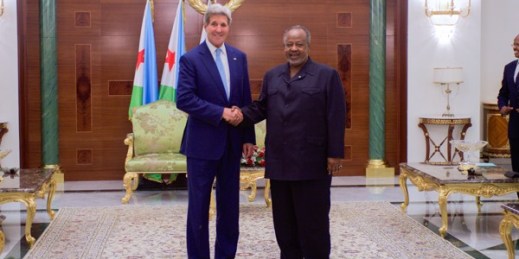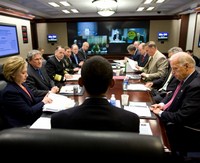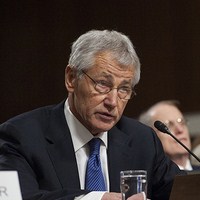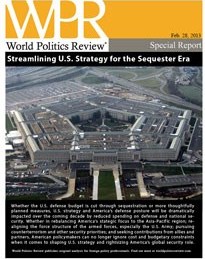
Whether the U.S. defense budget is cut through sequestration or more thoughtfully planned measures, U.S. strategy and America’s defense posture will be dramatically impacted over the coming decade by reduced spending on defense and national security. Whether in rebalancing America’s stategic focus to the Asia-Pacific region; realigning the force structure of the armed forces, especially the U.S. Army; pursuing counterterrorism and other security priorities; and seeking contributions from allies and partners, American policymakers can no longer ignore cost and budgetary constraints when it comes to shaping U.S. strategy and rightsizing America’s global security role. Rebalance Rethinking the Cost of U.S. […]





